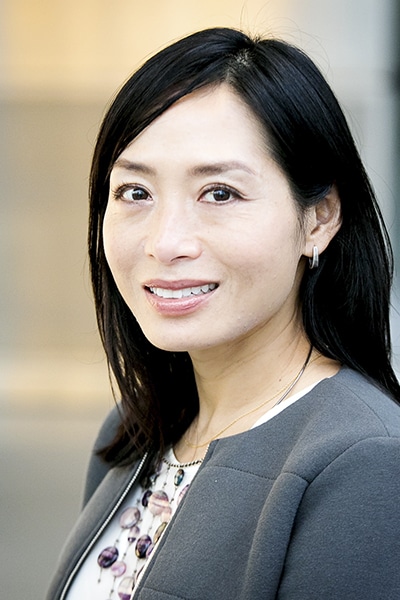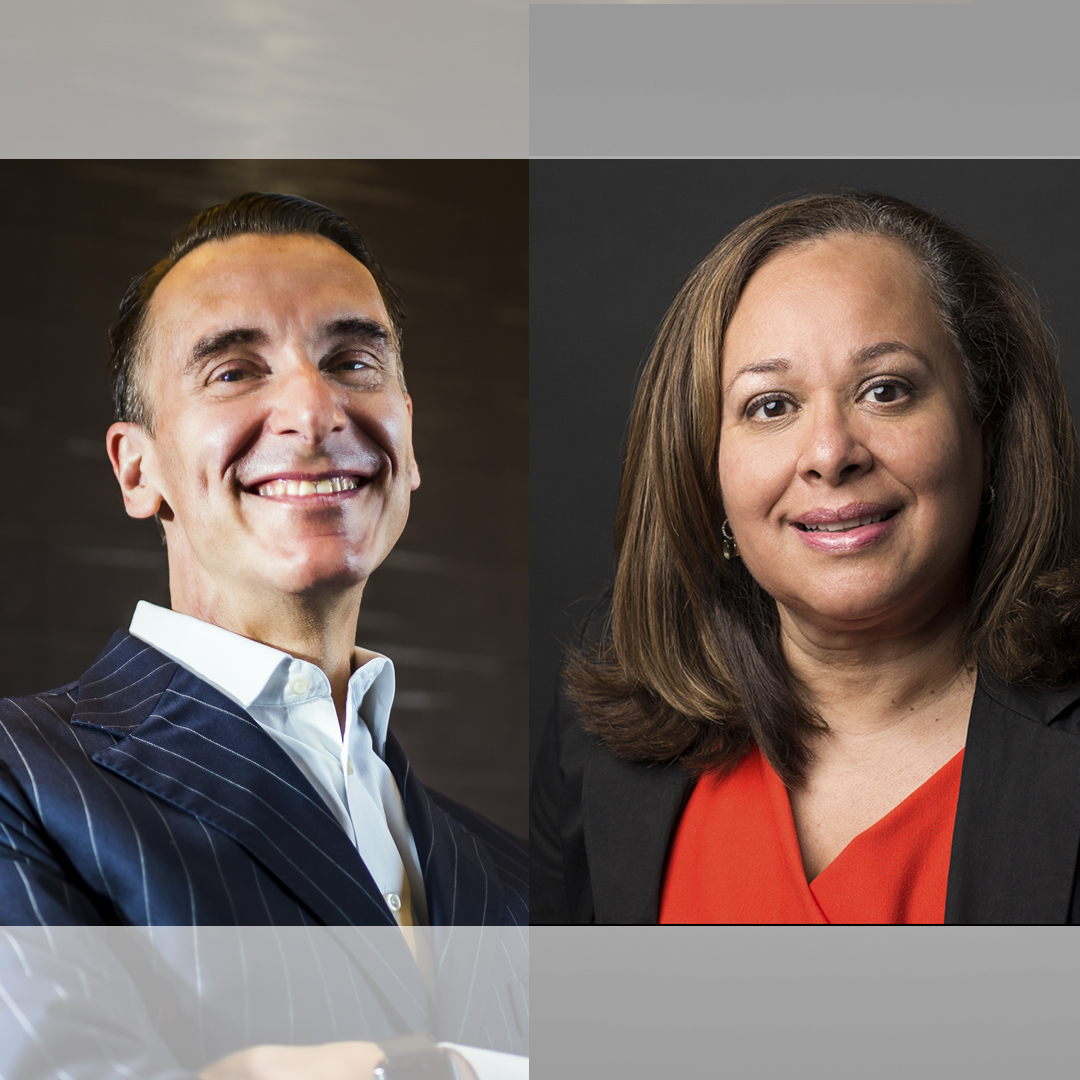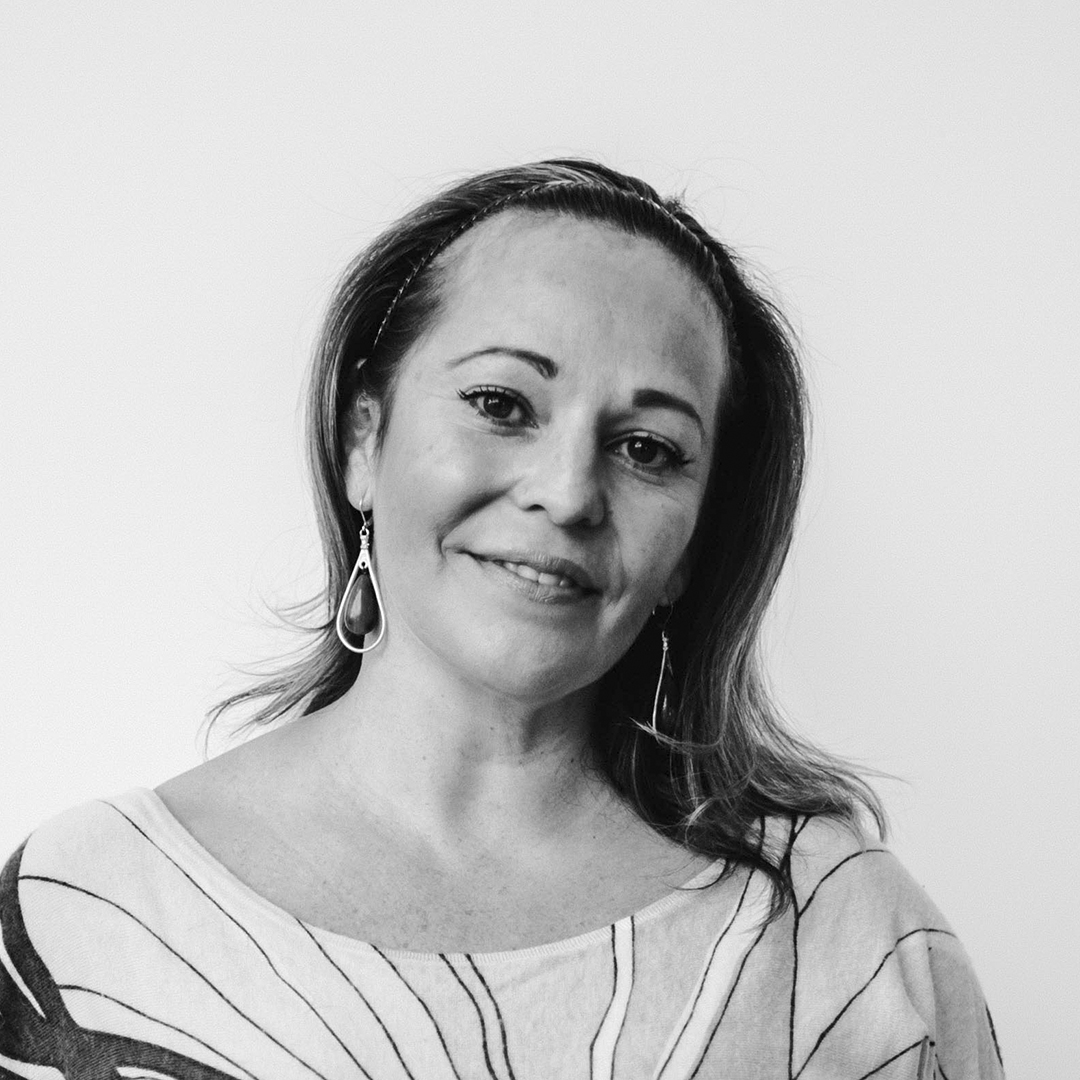|
Getting your Trinity Audio player ready...
|
For Yau Cheng, global head of diversity and inclusion at multinational financial services company BNY Mellon, allyship is all about taking actions that create positive change. But it has to come from a place of honesty, openness, and decentering herself from the conversation. “I’ve learned not to assume I know the answer, or that the same form of allyship will work for all people,” she says.

This principle, along with many others, informs her work creating diversity and inclusion (D&I) initiatives that benefit Latinx workers and customers in New York City, where BNY Mellon is headquartered. There, Cheng leverages her expertise to create value for the company through broader measures and to build the best global team.
In an increasingly diverse world, BNY Mellon wholeheartedly believes the best team is a diverse team, Cheng says. “Our differences enable each of us to make unique contributions, to bring something no one else can to the table. If we can unlock the power of our diversity, we can hone our competitive advantage—as individuals and as a company.”
Cheng herself knows the importance of these values. “I was the prototypical child of immigrants,” notes the D&I expert, who moved to the US from Taipei, Taiwan, when she was two years old. She didn’t start learning English until she was six years old, and there was no English as a Second Language class where she grew up. So in school, she was separated from the rest of the class and placed in groups that included children with learning or behavioral problems.
As such, Cheng has always strove to foster a sense of belonging for herself and others in her work. “Being an immigrant is so embedded in my identity that without purposefully thinking about it, I can almost overlook it,” she muses. “But it absolutely shapes my career choices.”
That unique background and set of experiences serves her well at BNY Mellon, where she approaches D&I measures in a very strategic way. “We think about D&I from all points of view—the client, the talent, the investors, the stakeholders, the regulators,” she explains.
Much of this work requires the company to work directly with New York’s vibrant Latinx community, with which Cheng communicates closely. She appreciates the diverse, dynamic make-up of NYC’s Latinx neighborhoods, which encompass a wide range of cultural, linguistic, economic, and racial differences. “When I attended my first Latinx talent conference, it was eye-opening to see so many faces that look like me,” Cheng confesses. Since then, she has spoken to and found common ground with several people who identify as Asian Latinx.
To offer opportunities to these communities, Cheng works closely with organizations like the Association of Latino Professionals for America (ALPFA) and The Alumni Society to create equitable opportunities and access to financial services careers for Latinx students as well as experienced professionals.
She also has the privilege of working with inspiring, passionate Latinx colleagues across BNY Mellon’s businesses, who voluntary take on extra responsibilities to champion diversity and inclusion and drive change. Cheng and her team partner closely with BNY Mellon’s employee and business resource groups (E/BRGs).
One of those groups is IMPACT, the multicultural E/BRG that leverages cultural diversity for better employee and client outcomes. Within IMPACT are several leadership groups that help amplify the views and voices of the largest underrepresented ethnic talent groups at the bank—one of which is the Latinx Leadership Forum, which helps Cheng and others understand the Latinx talent experience and how to better attract, advance, and retain top Latinx talent.
“What the times we’re living in have shown us is that allyship is more about listening and learning than having all the answers.”
The results of these initiatives have been encouraging—IMPACT has seen a 25 percent increase in membership in 2020, a historic high. And in the wake of the COVID-19 pandemic and the social unrest following the deaths of George Floyd, Breonna Taylor, and others, Cheng and her colleagues have had myriad opportunities to network and connect with others who need to discuss these issues with allies as well as with other members of their communities.
As a result of this work, Cheng has had to think a lot about what it means to be an ally and what the best ways are to demonstrate allyship in one’s personal and professional life.
The first priority for an ally, to her mind, is to commit to understanding, which “will drive the right actions and behaviors.” Many times, allies will step in to help without knowing the true needs of the populations they want to help; McKinsey’s annual study of women in the workplace actually found a stark disconnect between the behaviors women found helpful from male allies and the actions male allies thought would be helpful to women.
After that, Cheng says, the two most important priorities are to be an “active ally” and a “consistent ally.” Allies must put in the work to help members of underrepresented communities, she emphasizes, and not just do so when it’s convenient. “And the ally benefits, too,” Cheng notes, “as allyship builds authenticity, trust, and inclusive leadership.”
Of course, Cheng doesn’t pretend that these are the only pathways to becoming an effective ally. “What the times we’re living in have shown us is that allyship is more about listening and learning than having all the answers,” she says. And in the business world, particularly for multinational institutions like BNY Mellon, it’s more important than ever to build and support a workforce that represents the populations it serves. Cheng and her team work to help BNY Mellon strive to do that with authenticity and integrity, building diversity and inclusion into the very fabric of the business.

